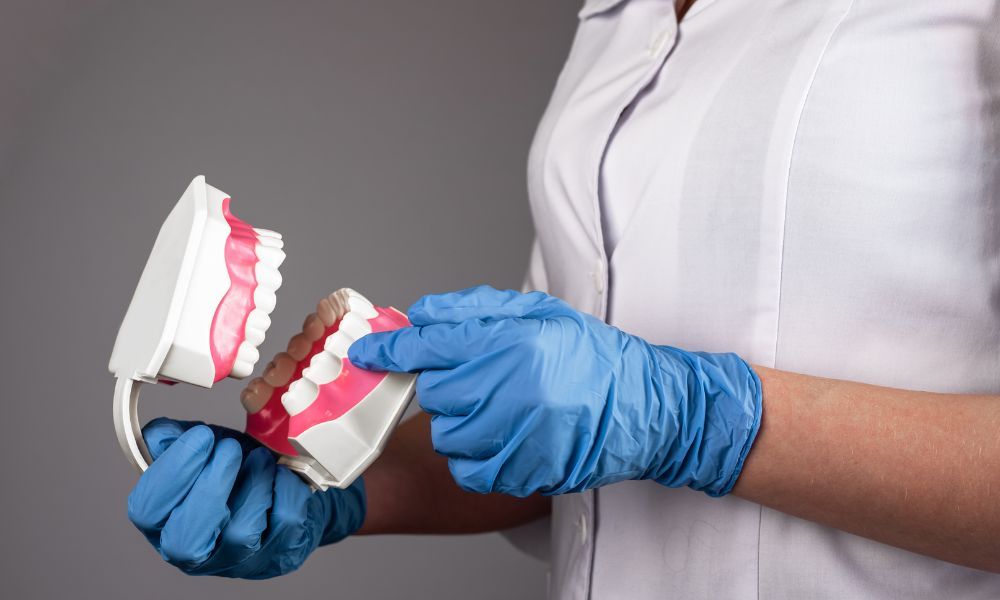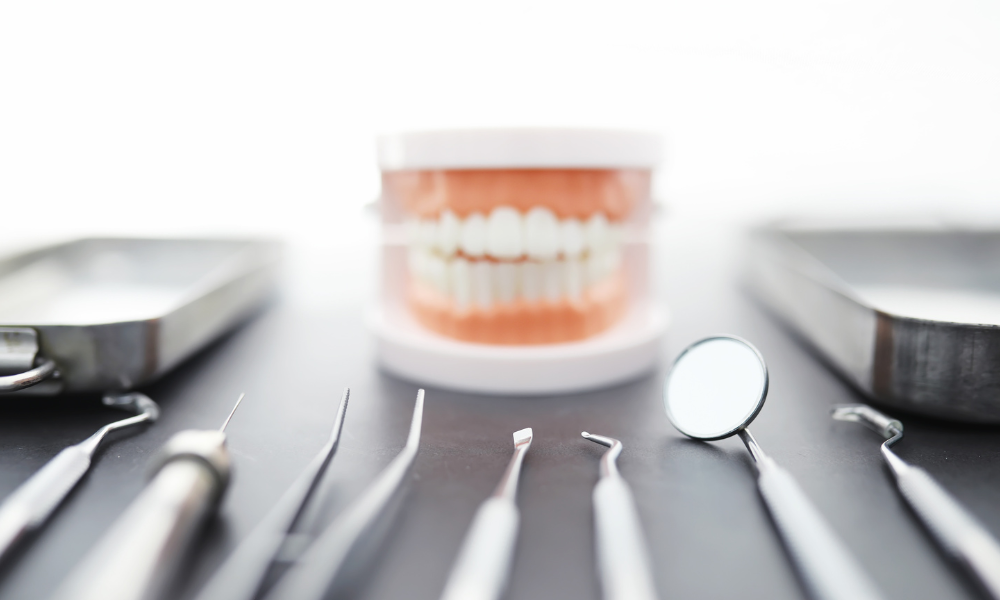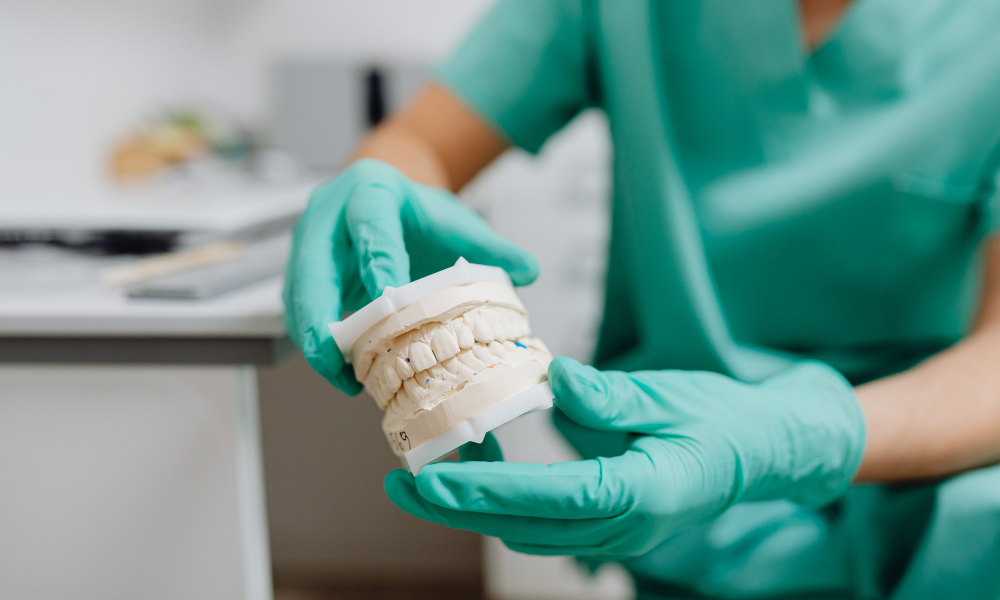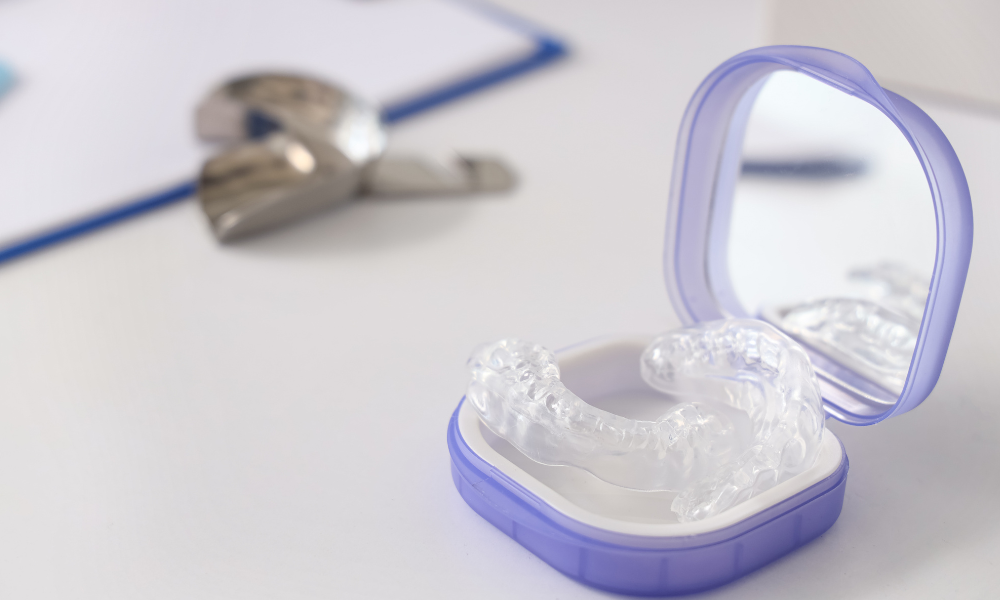
Temporomandibular Joint (TMJ) disorders can be a source of confusion and concern for many individuals experiencing symptoms such as jaw pain, clicking, or limited jaw movement. With various factors that can contribute to TMJ disorders, it's crucial to gain clarity on this topic and dispel common misconceptions. To help you better understand this common condition, we've compiled a list of frequently asked questions about TMJ disorders, answered by dental professionals.
In this article, we'll explore topics such as the causes of TMJ disorders, diagnostic processes, available treatment options, and self-care tips for managing pain and discomfort. By providing accurate and reliable information, we aim to empower individuals with TMJ disorders to make informed decisions about their dental health and overall well-being.
Ask the Experts: Common Questions about TMJ Disorders Answered by Dentists
What are the main causes of TMJ disorders?
TMJ disorders can result from various factors, making it a complex condition. Some of the primary causes of TMJ disorders include:
- Injury or trauma to the jaw or surrounding muscles
- Teeth grinding or clenching (bruxism), which places stress on the joint
- Arthritis affecting the joint, such as osteoarthritis or rheumatoid arthritis
- Dislocation or misalignment of the jaw or TMJ
- Stress, which can lead to increased muscle tension and jaw clenching
- Genetic factors, including a family history of TMJ disorders
It's important to note that many people may experience a combination of these factors, making TMJ disorders challenging to diagnose and treat.
What are the symptoms of TMJ disorders?
People affected by TMJ disorders often experience a range of symptoms, varying in intensity and duration. Some common symptoms include:
- Jaw pain or tenderness
- Pain in or around the ears
- Facial pain, which may feel like an aching sensation
- Clicking, popping, or grinding sounds when opening or closing the mouth
- Limited jaw movement or a "locked" jaw
- Difficulty chewing or biting
- Headaches, neck pain, or dizziness (in some cases)
If you're experiencing any of these symptoms, it's essential to consult a dental professional for proper evaluation and treatment.
How are TMJ disorders diagnosed?
Diagnosis of TMJ disorders involves several steps:
- Medical and Dental History: The first step is a review of your medical and dental history, including any potential causes or risk factors for TMJ disorders.
- Physical Examination: Your dental professional will examine your jaw and facial muscles, checking for tenderness, clicking, or a limited range of motion in the jaw joint.
- Imaging: In some cases, X-rays, CT scans, or MRI scans may be used to visualize the jaw joint and detect any abnormalities.
Based on the findings, your dental professional will determine whether you have a TMJ disorder and develop an appropriate treatment plan.
What are the treatment options for TMJ disorders?
Treatment for TMJ disorders may vary depending on the severity of the condition and the underlying causes. Some common treatment options include:
- Self-care Measures: Implementing relaxation techniques, stress management, and jaw-stretching exercises may help alleviate symptoms and promote healing.
- Medications: Nonsteroidal anti-inflammatory drugs (NSAIDs), muscle relaxants, or low-dose tricyclic antidepressants may be prescribed to manage pain and inflammation.
- Oral Appliances: Custom-made mouthguards or stabilization splints can help prevent teeth grinding, reposition the jaw, and alleviate stress on the jaw joint.
- Physical Therapy: Exercises to stretch and strengthen jaw muscles, heat/cold therapy, and ultrasound treatments can help improve jaw function and reduce discomfort.
- Injections: Corticosteroid injections into the joint may provide temporary relief from inflammation and pain.
- Surgery: In rare cases, when conservative treatments fail or the joint is severely damaged, surgical procedures such as arthrocentesis, arthroscopy, or open-joint surgery may be recommended.
It's essential to work closely with your dental professional to determine the most appropriate treatment plan for your specific needs.
What self-care tips can help manage TMJ disorders?
In addition to professional treatment, incorporating self-care tips may aid in managing TMJ disorder symptoms:
- Apply heat or cold packs to the painful areas for 10-15 minutes several times a day.
- Avoid chewing gum or consuming hard or chewy foods, which may exacerbate symptoms.
- Practice good posture to reduce neck and facial muscle strain.
- Incorporate relaxation techniques such as deep breathing, meditation, or progressive muscle relaxation to reduce stress and muscle tension.
- Perform gentle jaw exercises to maintain flexibility and range of motion.
Always consult a healthcare professional before starting any self-care regimen to ensure it's appropriate for your condition.
By understanding the causes, symptoms, diagnosis, and treatment options for TMJ disorders, you can take an active role in managing your condition and work with dental professionals to find relief. Remember that each case is unique, and finding the most effective treatment may require time, patience, and collaboration with your healthcare provider.
Taking Control of Your TMJ Disorder
TMJ disorders can be a confusing and challenging condition to manage; however, with the help of dental professionals and proper self-care, relief and improvement are within reach. At Columbia TMJ and Pain, Dr. Jared Bloxham takes a comprehensive approach to diagnosing and treating TMJ disorders, ensuring that your unique needs are met and your symptoms are managed effectively.
Ready to take control of your TMJ health and experience relief from painful symptoms? Contact us today! Dr. Jared Bloxham specializes in
TMJ treatment in Richland and is dedicated to helping you understand, manage, and overcome your condition. With our state-of-the-art technology, extensive knowledge, and patient-focused care, you can trust us to provide the personalized treatment you need to feel your best. Don't let TMJ disorder hold you back any longer - schedule your consultation now and take the first step toward a pain-free life!











